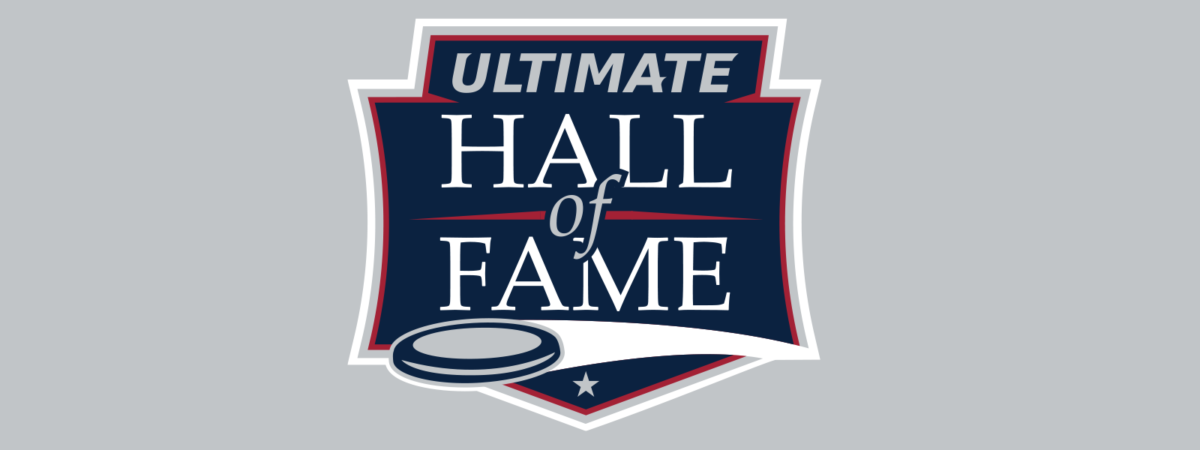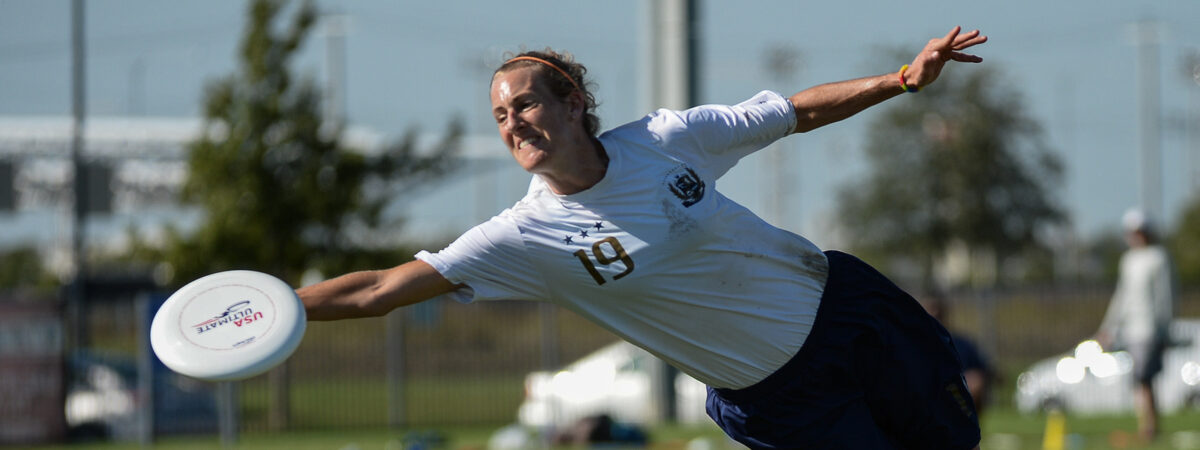Seven New Members Welcomed into Ultimate Hall of Fame in 2020 Class
Colorado Springs, Colo. (October 26, 2020) – The Ultimate Hall of Fame and USA Ultimate, the national governing body for the sport of ultimate in the United States, are excited to welcome seven new Hall of Famers in the Class of 2020.
The 2020 Class includes women’s division inductees VY Chow, Jody Dozono and Vivian Zayas. These new inductees are joined by the open division inductees Andy Crews, Mike Grant, Bob Lobel and Damien Scott. There were no contributor candidates this year.
“We are excited to welcome the newest members of the Ultimate Hall of Fame,” said Dr. Tom Crawford, USA Ultimate Chief Executive Officer. “We are inspired by the phenomenal accomplishments and competitive excellence of the inductees and are proud to recognize these seven new members of the Hall of Fame. We look forward to honoring them, in partnership with the Ultimate Hall of Fame organization, at the next Hall of Fame Induction ceremony to take place during the 2023 National Championships.”
The 2020 inductees were selected by the current Ultimate Hall of Fame voting members from a final slate of 16 player candidates announced in August. The candidates included in the Call to the Community were chosen by the Hall of Fame Vetting Committee from an accomplished pool of athletes through a review of peer voting results and written applications solicited by the committee.
To be inducted into the Ultimate Hall of Fame, potential candidates must complete three steps. The first stage involves “peer voting,” where potential candidates are reviewed and ranked by a group of players or contributors from their own playing era. For this year, the playing era time frame was 2000 to 2007. The second stage involves winnowing the field to a slate of up to 16 player candidates through a review of the peer voting results and written applications solicited by the 10-person Vetting Committee. The slate of 16 was announced in the Call to the Community, which requested input from the ultimate community at-large. The final stage involves two rounds of voting for the player candidates by the full voting committee, comprised of the Vetting Committee and the player and contributor members of the Ultimate Hall of Fame. Since 2018, voting has been segmented by division for player candidates, with women’s division Hall of Fame members voting on women’s division player candidates and open members voting on open player candidates. When contributor candidates are on the ballot, all Hall of Fame members cast votes for the contributor candidates. Inductees in all categories must receive an affirmative vote by at least two-thirds of the voters to be selected.
“I continue to be proud of the efforts of the ultimate community and Hall of Fame members as we strive to improve the selection process. We had an excellent class of nominees this year, all worthy of consideration,” said Hall of Fame Committee Chair Suzanne Fields. “We are so pleased to welcome these seven new members into the Ultimate Hall of Fame.”
The Class of 2020 is the 17th class inducted into the Ultimate Hall of Fame, which was established in 2004 to honor exceptional ultimate players and contributors whose accomplishments are worthy of recognition and merit acknowledgement by their peers. The 2020 Class will be officially inducted into the Ultimate Hall of Fame during a ceremony at the 2023 National Championships where we will honor the 2019 through 2023 inductees.
Hall of Fame Class of 2020
Player Inductees
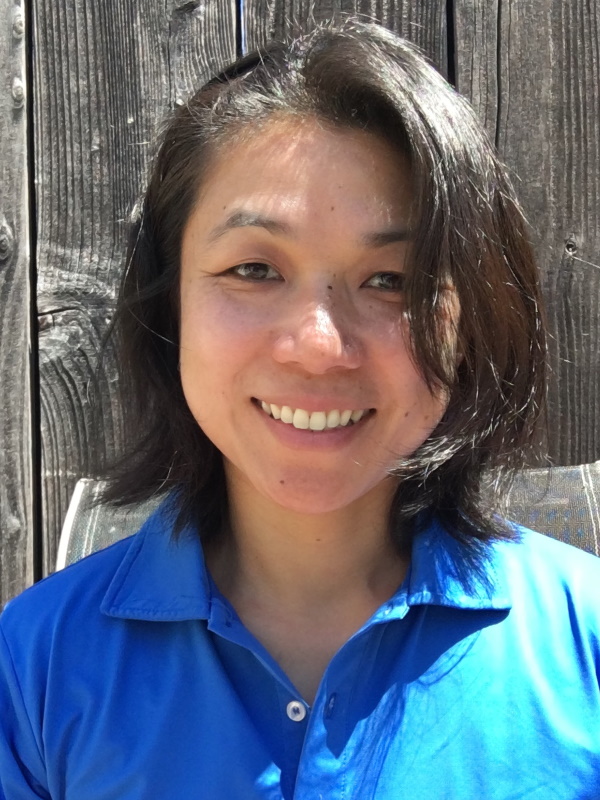
San Francisco, Calif.
VY Chow began her long and successful ultimate career in Vancouver B.C. in the late ’90s, first playing with the Vancouver women’s club team and then on the open team at the University of British Columbia. VY then helped start the first women’s team at UBC in 1997, finishing second at the UPA College Nationals in their inaugural year. For 10 of the 11 years between 1998 through 2009, VY played for Boston’s Lady Godiva, captaining the team for six of those years and winning Club Nationals five times. Between two stop-overs with San Francisco’s Fury in 2006 (national champion) and 2014 (runner-up), VY played with Boston’s Brute Squad, captaining in her final year with them in 2013.
VY Chow’s presence on the world stage has been jaw dropping, with 12 appearances at world events. As a Canadian citizen, VY competed for Team Canada at three World Games, winning gold in 2001 and bronze in 2005, and being a captain in 2009. After becoming a United States citizen, VY won gold with the U.S. National Teams at the 2016 Masters World Championships and at the 2017 Beach World Championships. VY competed in the women’s division at seven more WUCC/WUGC events over the years either with Canadian or USA club teams. VY’s exceptional career has also flourished in the women’s masters and mixed divisions, where she has won three USAU Masters Championships and attended four USAU National Championships in the mixed division.
VY has been described as the complete package. On offense, she could beat you in wide open spaces, in tight spaces and everything in between. On defense, VY guarded the toughest and the fastest, but it was in zone and junk defenses where her awareness and extraordinary athleticism stopped opponents in their tracks. VY’s versatility to fill any role or any position, and usually be the best player on the field in that role, was unmatched. To top it off, VY’s super power was to make those around her better, both through her strategic play and her incredible work ethic.
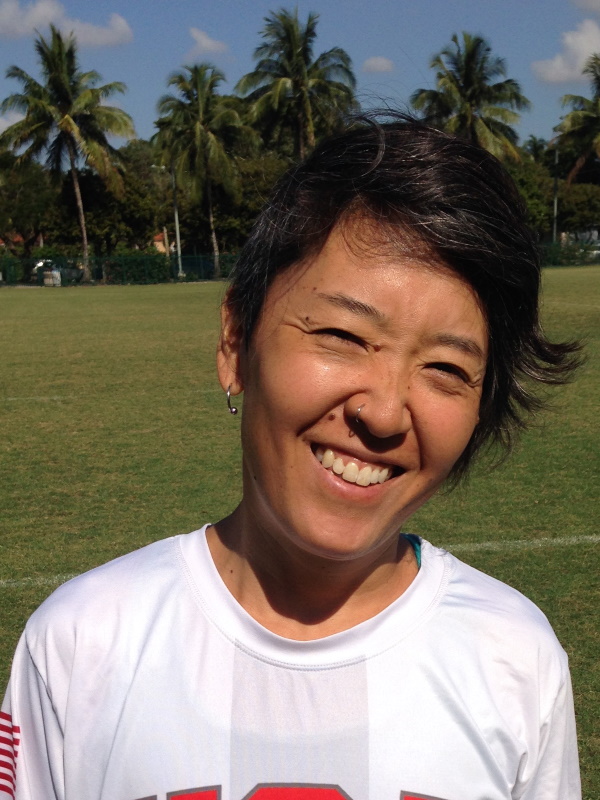
Milwaukie, Ore.
Jody Dozono’s ultimate career began at the University of Oregon, where in 1999 she was the recipient of the prestigious Callahan Award. After a short stint with Portland’s Schwa, Jody continued to dominate with San Francisco’s Fury for 11 years, competing at Club Nationals in quarters or better each year, winning six National Championships. In 2009, the ultimate community voted Jody the recipient of the Kathy Pufahl Spirit award. Jody also competed at six WUUG/WUCC events over the course of her career, earning golds with the U.S. Women’s National Team in 2008 and with the U.S. Women’s Masters National Team in 2016.
Known for her mental toughness, strategic mind and field vision, Jody was an essential teammate and anchor during the most important points. On offense, Jody penetrated defenses with her break throws and explosive handler cutting. Her handler defense has been described as smothering, while at the same time, she excelled at guarding a wide range of players by out-working and outsmarting them. Jody was a key leader both on and off the field for Fury. She possessed the uncanny ability to read the pulse of the team and knew exactly what was needed to be said or done to position the team for success.
Jody is also celebrated for her work in building, leading and sustaining communities of ultimate players. Through coaching, she assisted Stanford Superfly in their consecutive winning streak at College Nationals; she ran coaching clinics for new players; and she was the first coach of the University of Miami women’s team from 2013-2016. As a member of Downtown Brown, Jody was instrumental in expanding the team’s impact by inviting top players of color from across the country to compete at the 2006 Sunbreak (formerly Potlatch) tournament, becoming the first-ever elite mixed players of color team.
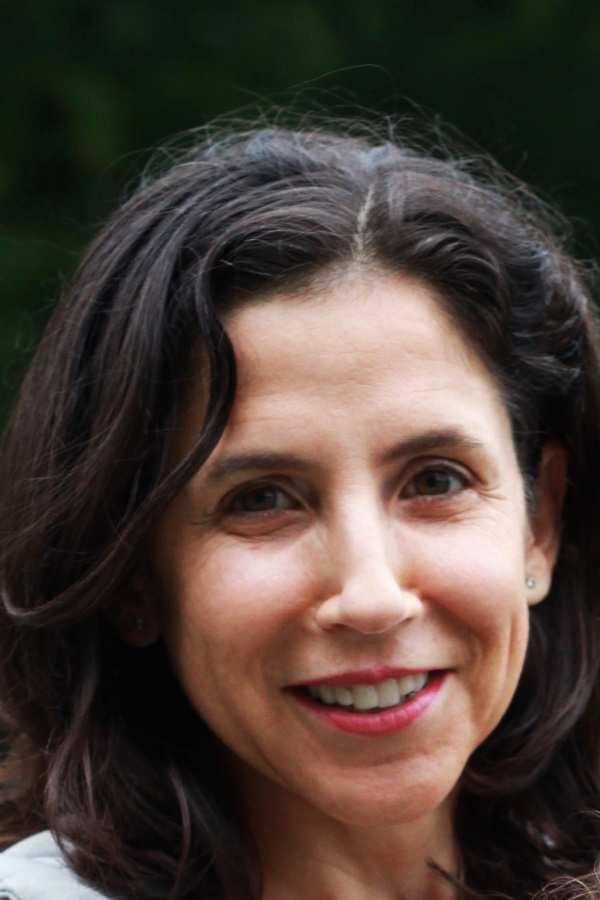
Ithaca, N.Y.
Vivian Zayas’ ultimate career began with the Wild Roses of Cornell University in 1991 and has taken her to both coasts, with stops in the Bay Area, Seattle and Boston. Along the way, Vivian competed in 18 National Championships and five World Championships, winning two national and four world titles.
As a first-generation Cuban-American, Vivian has been a leader and inspiration for countless players throughout her storied career. Known as one of the greatest throwers in the game, Vivian’s deep and break-mark throws made every downfield player a potential target, despite having the world’s best defenders assigned to cover her. Her dominant performances required opposing elite teams to make complete system changes in attempts to contain her impact. Vivian’s never-ending quest to improve earned her the reputation of being one of the hardest workers on any team. This work ethic enabled her to be a top competitor on elite teams, from Seattle’s Women on the Verge beginning in 1997, to Seattle Riot during the early 2000’s and finally to Boston’s Brute Squad ending in 2010.
Vivian’s love and energy for the sport of ultimate is what makes her a standout leader, player and inspirational teammate. This love for the game led her to travel to Colombia in 2007 to play with and coach the Colombian National Team, Revolution, and it continues today while working as an Associate Professor of Psychology at Cornell, where she has been serving as the faculty advisor for the current generation of Cornell Wild Roses.
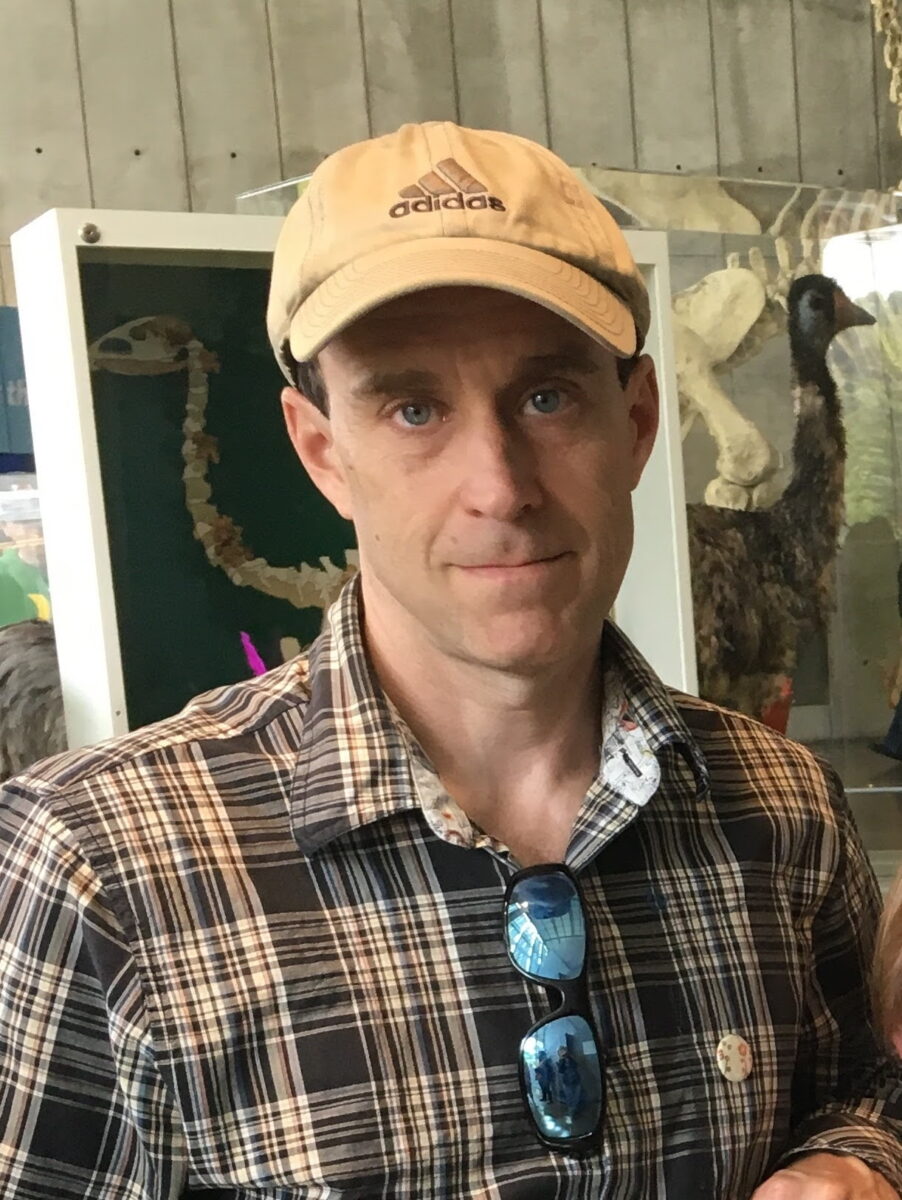
Sunnyvale, Calif.
Andy Crews was one of the co-captains and dominant players that reestablished the legendary Santa Barbara Condors as the best team in the sport in the early ’00s. Although quiet by nature, Andy’s preparation, focus, accountability and ability to communicate inspired the best from his teammates. Andy was always the first pick when forming teams at practice, and on a team with a “call your own subs” policy, he was the player his teammates always wanted on the field when the game was on the line.
Andy’s initial success in the sport occurred while leading the UCSB Black Tide to a UPA College National Championship in 1996 and was that team’s Callahan Award Nominee. As co-captain of the Condors, the team reach the finals at the UPA Club Nationals five times during the six-year period from 1998-2003, which included back-to-back titles in 2000 and 2001, along with a WFDF World Championship in 2002. Andy was the most impactful two-way player on those teams. On offense, his exceptional quick first step made him an un-guardable mid and reset cutter. On defense, his quickness and speed, combined with his ability to outjump taller players, allowed him to effectively matchup against players of any size.
Andy’s high character and integrity provided a moral compass for those who played with and against him, earning their unquestioned respect throughout his career. In 2003, Andy was the recipient of the Farricker Spirit Award.
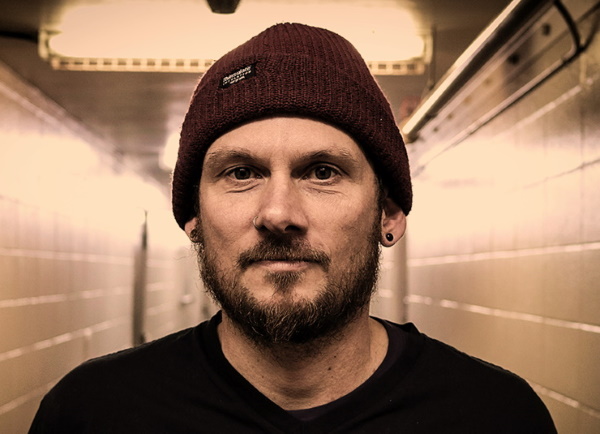
Victoria, B.C.
Mike Grant is on the short list for consideration as the best player in the sport during the ’00s. Whether with the disc in his hand, cutting, a goal scoring threat, on defense or motivating his teammates, all of these combined to make “MG” the most dangerous player on the field. Mike’s drive to continuously make himself stronger in all facets of the game, and frequent big plays, inspired his teammates to believe that anything was possible while forcing opponents to elevate their game as well. The consummate teammate, Mike always put the team first and strived to do whatever he could to ensure its success.
Mike’s talents were apparent early on as he led winning teams at the British Columbia High School Championships, Canadian Junior Championships and the Canadian University Championships. After successfully prying Mike away from the cross-town Vancouver Altar Boyz Club team, he became a key catalyst in the emergence of Vancouver Furious George’s ascent to the top of the sport. Mike’s impact was immediate as Furious George won the WFDF World Championship in 1998. With Mike as a key contributor, Furious George would go on the reach the finals at the UPA Club Nationals five times during the seven-year period from 2000-2006, which included three titles in 2002, 2003 and 2005. This coincided with Mike’s contributions to Team Canada/Furious George’s two additional WFDF World Championship titles in 2004 and 2008, as well as Team Canada’s World Games title in the 2001.
While a fierce competitor, Mike played with integrity and always showed respect for his opponents and the game. In the Vancouver ultimate community, globally with Ultimate Peace, and currently with Ultimate Spirit, Mike has been an influential leader and mentor, volunteering a lot of time supporting the growth of the game and the development of other players. Currently, he is focused on a project that brings together cultures of indigenous and non-indigenous youth through Spirit of the Game and ultimate.
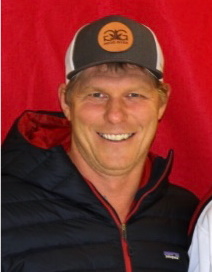
Charlotte, Vt.
Bob Lobel was a key contributor to the success of the dominant Boston DoG dynasty. Built more like an NHL power forward, Bob was fast, physical and extremely agile for his size, presenting an intimidating presence on the field. A defensive standout, Bob dominated his one-on-one matchups in the deep part of the field. Bob could cover any speedy receiver, and with surprising closing speed, could effectively shut down underneath cuts and make diving blocks. He also owned the air, adept at using his size and positioning to box out other players, to go along with his great ups. While adding another dimension to the already dominant DoG defensive unit on the field, Bob also had a significant role in helping develop the defensive strategies that DoG utilized during their championship run.
As a member of DoG, Bob won six consecutive UPA Club National Championships from 1994-1999, along with a WFDF World Championship in 1996. Although Bob was primarily a defensive specialist, on the turn, he was also an effective cutter, goal scorer and thrower. His ability to make big plays at important moments, and his all-around consistency on both sides of the disc, helped carry the team when needed.
With DoG always playing in the spotlight, Bob elevated the experience of all involved as he exemplified the highest standard of competition, integrity, and fair play. Most importantly, his dedication to friendships and mutual respect for those he played both with and against, on both the East and West Coasts, are an enduring testament to his character as an ultimate player and person.

Friday Harbor, Wash.
Damien Scott was a physically gifted and skilled player who consistently dominated opponents. Damien excelled in all facets of the game, possessing superior throwing skills (whether deep, short or breaking the mark), was an uncoverable receiver either downfield or around the disc, and was an effective defender against all player types. The recognized leader of his team, Damien proved himself to be a clutch player in moments that mattered most.
Damien first emerged as an impact player at Rice University, where he led that team to three consecutive appearances at the UPA College Nationals while simultaneously helping the Houston Houndz reach three consecutive UPA Club Nationals. While playing for San Francisco Jam, Damien evolved into one of the game’s top all-around players and helped to lead Jam to elite status, reaching the semi-finals or finals at the UPA Club Nationals six times during the
’00s. Jam finally got over the hump, winning the UPA Club Nationals in 2008 and benefitting from Damien’s dominating performances in the final elimination games.
Damien’s ethos was to not only win the game but also to win the respect of his opponents. His insistence on always playing with the highest level of integrity and his willingness to routinely let fouls against him go uncalled, even in the biggest games on the biggest stage, turned chippy games into simply hard-fought battles. This, combined with joy he brought to the game on and off the field, raised the bar for all involved in the sport. In 2004, Damien was the recipient of the Farricker Spirit Award.
The Vetting Committee includes:
- Suzanne Fields (Chair, Hall of Fame Vetting Committee) – Hall of Fame Inaugural Class of ‘04
- Keay Nakae (Open Peer Co-Chair) – Hall of Fame Class of ‘12
- Steve Dugan (Open Peer Co-Chair – Hall of Fame Class of ‘17
- Pam Kraus (Women’s Division Peer Chair) – Hall of Fame Class of ‘17
- Dominique Fontenette – Hall of Fame Class of ‘18
- Chris O’Cleary – Hall of Fame Class of ‘13
- Bill Rodriguez – Hall of Fame Class of ‘15
- Robert “Nob” Rauch (Contributor Peer Chair) – Hall of Fame Class of ‘06
- Steve Mooney (USA Ultimate Board Liaison) – Hall of Fame Class of ‘06
- Pat King – President, Ultimate Hall of Fame Board of Directors – Hall of Fame Class of ‘09
